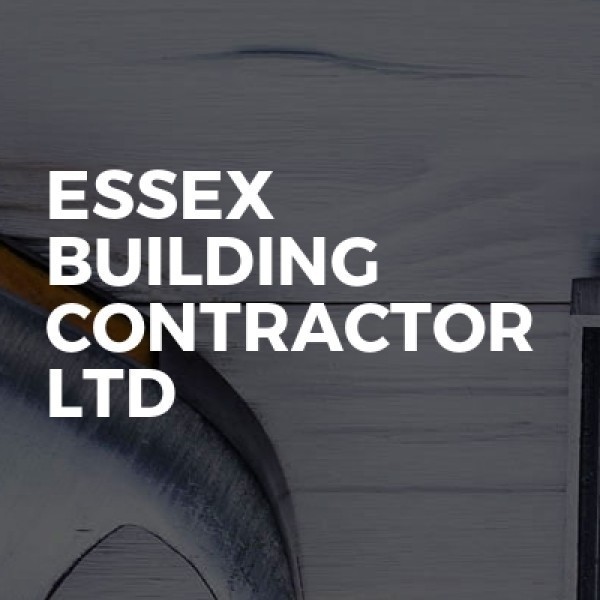Understanding Kitchen Installation in Havering
Kitchen installation in Havering is a process that transforms your culinary space into a functional and aesthetically pleasing area. Whether you're renovating an existing kitchen or building a new one, understanding the steps involved is crucial. This guide will walk you through the entire process, ensuring you have all the information needed to make informed decisions.
The Importance of Planning Your Kitchen Installation
Before diving into the actual installation, planning is key. A well-thought-out plan ensures that every aspect of your kitchen, from layout to appliances, is considered. Start by assessing your needs and preferences. Do you need more storage space? Are you looking for a modern or traditional design? Answering these questions will help you create a kitchen that suits your lifestyle.
Creating a Budget for Your Kitchen Installation
Setting a budget is an essential part of the planning process. Determine how much you're willing to spend on your kitchen installation in Havering. Consider costs for materials, labour, and any unexpected expenses that may arise. A clear budget will guide your decisions and prevent overspending.
Designing Your Dream Kitchen
Once you have a budget, it's time to design your kitchen. Consider the layout, colour scheme, and materials. You might want to consult with a kitchen designer to bring your vision to life. They can provide valuable insights and help you make the most of your space.
Choosing the Right Materials and Appliances
The materials and appliances you choose will significantly impact the functionality and appearance of your kitchen. Opt for durable materials that can withstand daily use. When selecting appliances, consider energy efficiency and how they fit into your overall design.
Cabinetry and Countertops
Cabinetry and countertops are focal points in any kitchen. Choose materials that complement your design and offer durability. Popular options include granite, quartz, and laminate for countertops, while wood and MDF are common choices for cabinetry.
Appliances: Functionality Meets Style
When selecting appliances, think about how they will be used. Do you need a large refrigerator for a big family, or will a smaller one suffice? Consider the style and finish of your appliances to ensure they match your kitchen's aesthetic.
Hiring a Professional Kitchen Installer
While some may choose to tackle kitchen installation as a DIY project, hiring a professional installer in Havering can save time and ensure a high-quality finish. Professionals have the expertise to handle complex installations and can provide valuable advice throughout the process.
Finding the Right Installer
Research local kitchen installers in Havering and read reviews from previous clients. Look for installers with experience and a portfolio of completed projects. Don't hesitate to ask for references and verify their credentials.
Understanding the Installation Process
Once you've chosen an installer, discuss the installation process in detail. Understand the timeline, what to expect during each phase, and any preparations you need to make. Clear communication with your installer will ensure a smooth process.
Managing the Installation Timeline
Kitchen installation can be a lengthy process, so managing the timeline is crucial. Work with your installer to create a schedule that outlines each phase of the project. This will help you stay organised and ensure the project stays on track.
Preparing Your Home for Installation
Before installation begins, prepare your home. Clear the kitchen area of any personal items and ensure there is easy access for the installers. This will help the process run smoothly and prevent any delays.
Dealing with Unexpected Delays
Despite careful planning, unexpected delays can occur. Be prepared to adapt and communicate with your installer to find solutions. Flexibility and patience are key to managing any hiccups along the way.
Ensuring Quality and Safety During Installation
Quality and safety should be top priorities during kitchen installation. Ensure that all work is completed to a high standard and that safety protocols are followed. This will prevent future issues and ensure your kitchen is safe to use.
Inspecting the Work
Once the installation is complete, inspect the work thoroughly. Check for any defects or unfinished areas and address them with your installer. A final inspection ensures that everything meets your expectations and is ready for use.
Maintaining Your New Kitchen
After installation, proper maintenance will keep your kitchen looking and functioning at its best. Follow care instructions for your materials and appliances, and address any issues promptly to prevent further damage.
Frequently Asked Questions
- How long does kitchen installation in Havering take? The timeline varies depending on the complexity of the project, but it typically takes several weeks.
- Can I install a kitchen myself? While possible, hiring a professional is recommended for quality and safety reasons.
- What should I consider when choosing kitchen appliances? Consider energy efficiency, size, and how they fit into your kitchen's design.
- How do I find a reliable kitchen installer in Havering? Research local installers, read reviews, and ask for references to find a trustworthy professional.
- What materials are best for kitchen countertops? Popular choices include granite, quartz, and laminate, each offering different benefits.
- How can I maintain my new kitchen? Follow care instructions for your materials and appliances, and address any issues promptly.
Kitchen installation in Havering is a rewarding process that results in a beautiful and functional space. By planning carefully, choosing the right materials, and working with experienced professionals, you can create a kitchen that meets your needs and enhances your home.











